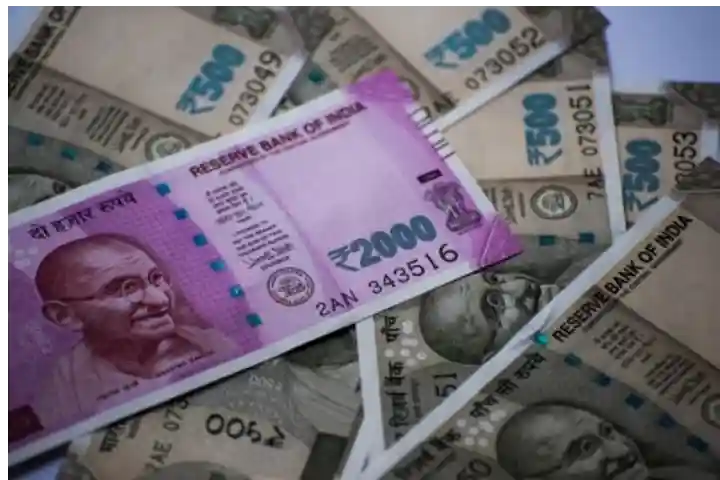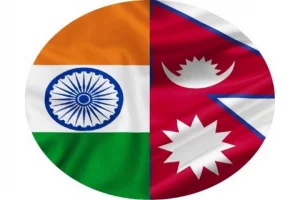After Sri Lanka declared an economic emergency owing to falling foreign exchange reserves, concerns are now rising over Nepal’s status. The overall reserves that the Himalayan country now holds are only sufficient for imports of about eight months.
However, Nepal’s dwindling foreign exchange reserves could push trade between New Delhi and Kathmandu in which payments are made in Indian rupees, experts said.
The Centre has been keen in expanding trade in Indian currency – a move that will help India reduce its dependence on its foreign exchange reserves and even help in boosting the balance of payments position – an indicator measuring international monetary transactions. But more importantly, this will strengthen the rupee and also help in internationalising the currency.
Also read: Nepal cuts imports as forex kitty runs low
“While there is no definitive official position by India on the issue of reviving rupee trade yet, there is enough indication of considering the merit of this scheme at this juncture,” a report by the Research and Information System for Developing Countries (RIS) said.
Besides Nepal, India has experimented with rupee trade with countries such as Russia, Bangladesh, Iran among others.
“Though a depleting foreign exchange reserves in Nepal is a concern and we need to be watchful, there is a positive side as this could actually further push trade in the Indian rupee,” Ajay Sahai, Director general, Federation of Indian Export Organisation told India Narrative.
Indian exporters are not overtly worried as a sizable chunk of trade already takes place through the Indian rupee.
“Indian rupee is used for a chunk of our exports with Nepal but exporters prefer foreign exchange as then they get several benefits..but as of now there is no cause for worry in terms of default,” Sahai said.
Last month, Nepal imposed a temporary ban on a few items such as betel nut, pea, dried date and peppercorn to curb the outflow of forex. Nepal Rashtra Bank, the central bank of the country has also suggested that a ban be imposed on imports of luxury goods.
“The foreign exchange reserves have reached a point where policymakers need to be alert,” Kathmandu Post quoted Nara Bahadur Thapa, former executive director of Nepal Rashtra Bank as saying.
For Nepal, the tourism sector is one of the main foreign exchange earners but due to the Covid 19 pandemic inflow of tourists has come to a halt.
Also read: India– Sri Lanka's 2nd largest trading partner– worried as economic crisis hits the island nation
According to Nepal Times, compared to 2019-2020, imports jumped by 76 per cent in the past year due to a rise in the demand in petroleum products, gold, silver and other items.
In mid July—the country’s new financial year begins on July 16—the country’s forex reserves were at $11.75 billion. However, as on September, it decreased to $11.4 billion.
Nepal’s economy contracted by 1.8 per cent in 2020. The tourism sector is a key contributor to the country's GDP. It is also a major source of foreign exchange and revenue. But the Covid 19 pandemic has dealt a huge blow to this sector.




















